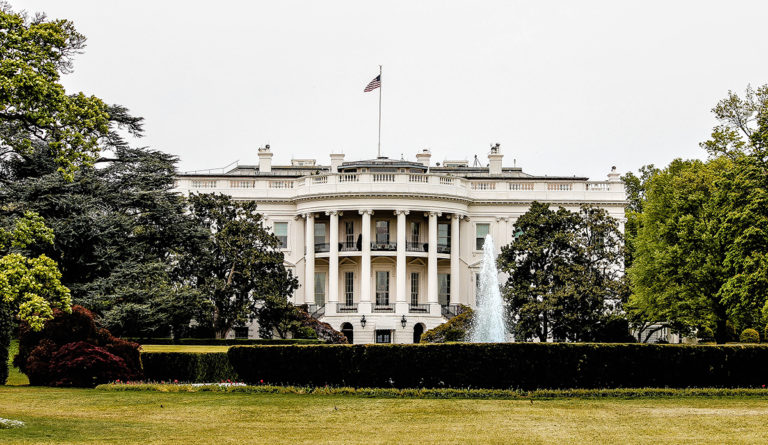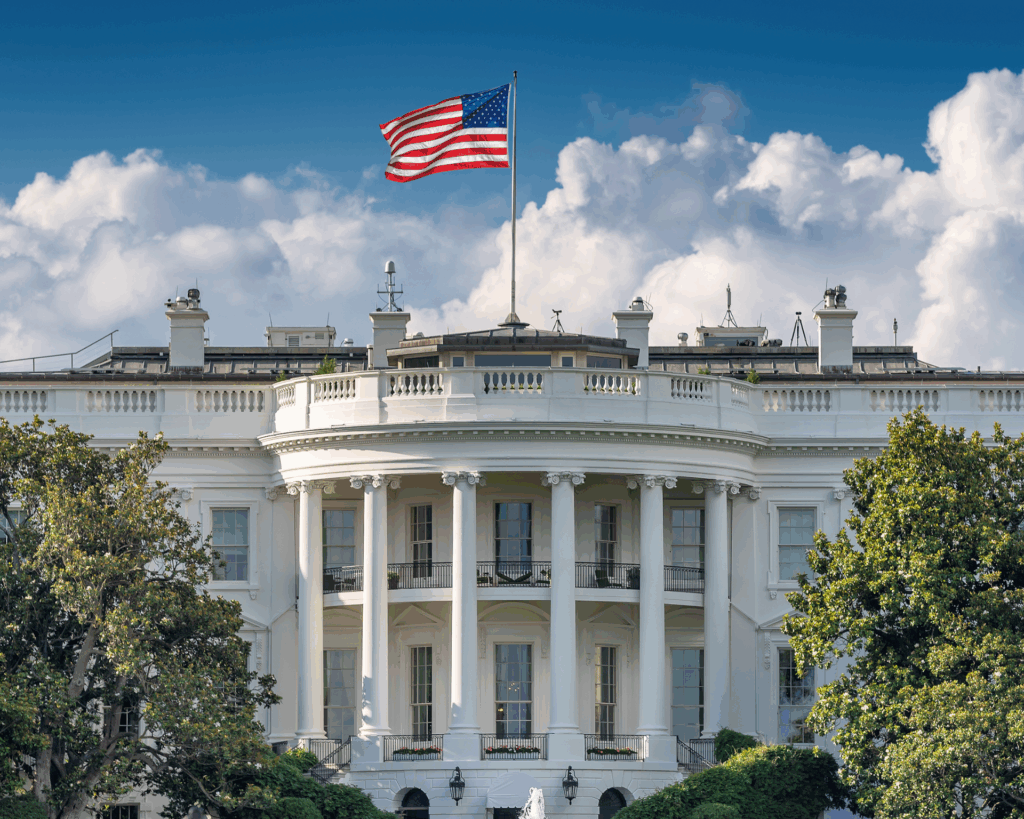Pascal's Wager & Obamacare Politics
Mississippi is a case study in what could have been for the exchanges. Insurers were willing to participate until conservative leaders & Obamacare politics got in the way.

Read Time: 6 minutes
Published:
Open enrollment for the ACA’s health insurance exchanges began today. Our most recent databyte (by PHP fellow Jon Gang, available here) highlights that 40% of counties in states relying on healthcare.gov will only have one insurance company offering plans. That means many people buying private insurance through the ACA won’t have much choice about what plan to select. This undermines the whole premise of the exchanges, that prices would stay low because plans would compete with each other for business.
There are reasons to be concerned about the long-term health of the exchanges if this trend continues and also reasons to believe things are not as bad as critics contend. However, some of the outcry over limited competition is disingenuous since this is the outcome opponents seemed to have hoped for. Many have done more than simply stand back and predict problems. They are actively working to undermine the law and make failure a self-fulfilling prophecy.
Democrats Own Obamacare
Conservative opposition to the exchanges is ironic given that this was a policy idea specifically included in the ACA to win support from Republicans and moderate Democrats. This was “conservative means to liberal ends” because coverage would be expanded through private insurance and with the principles of marketplace competition. This was not the liberal ideal many on the left held out for in the 70s and 90s when they rejected moderate plans by Richard Nixon and Bill Clinton.
There were lots of reasons to believe compromise on the exchanges was possible. Republican governors in Massachusetts and Utah had already created exchanges. Paul Ryan’s alternative to the ACA included health insurance exchanges. The elimination of the public option and the elevation of the Senate bill creating state-based exchanges rather than stronger national control was seen by Democrats as further attempts to win broad support.
But that didn’t happen as Republicans decided to oppose the ACA en masse. Not a single Republican voted for the final bills. Re-branding the law as Obamacare, they made it clear that President Obama and his fellow Democrats had full ownership. If it failed, it was his/their fault. They believed that doing everything they could to make sure the law failed would help them win big in 2010 and 2012.
State-Level Opposition
At first it didn’t seem that the strictly partisan politics surrounding the ACA’s enactment would filter down to state-level planning about health insurance exchanges. The law contained a threat that any state refusing to set up their exchange would lose control to the federal government who would do it for them. Even as 26 states were suing the Obama administration over the individual mandate and the Medicaid expansion, every state except Alaska and Minnesota accepted a million dollars federal grant to begin exploring how to set up an exchange.
Some of the outcry over limited competition is disingenuous since this is the outcome opponents seemed to have had hoped for. Many have done more than simply stand back and predict problems. They are actively working to undermine the law and make failure a self-fulfilling prophecy.
I have conducted more than 200 interviews with policymakers and stakeholders at the state and federal levels about how states reacted to the choice of whether or not to create an exchange. Seventeenth century French philosophy doesn’t come up often in my research on health reform politics, but one bureaucrat in Nebraska likened the Obamacare decision facing conservative states to Pascal’s Wager . In his mind, conservative leaders had to decide whether they believed the ACA would survive legal and political challenges (similar to Pascal’s question of whether God exists). If yes, then it would be better to comply with the exchanges, retaining control and taking as much federal money in the process – just as Pascal concluded that the upside of eternity in heaven outweighed the alternative and so the safe approach is to believe in God. With this in mind, it is therefore amusing that another analogy a handful of conservatives used to defend creating a state-based exchange is “It is better to work with the devil you know.” (Click here for an article I co-authored more fully exploring the Pascal’s Wager analogy).
The breakdown in the Pascal’s Wager analogy is that he presumably had no control over whether God exists, though conservative opponents believed they could bring down the law if they resisted strongly enough. I have written a book (expected 2017) about how opponents worked to undermine the national reform through state-level attacks. The Tea Party and other opponents were remarkably effective at defeating the traditionally dominants interest groups in many states.
Mississippi
Mississippi is a case study in what could have been for the exchanges . More insurers likely would have participated in the exchange had the state followed through with retaining control. Insurance Commissioner Mike Chaney took it upon himself to create the state’s exchange when legislation failed. He is a Republican who opposed the ACA, but he believed it would be better for the state to retain as much control over regulating its insurance market as possible. Commissioner Chaney is independently elected instead of appointed by the governor and so believed he could move forward without the governor’s support. He created an advisory committee that met every month and included the state’s major insurers. They got very close to launching, including building a website that stood up very well under pre-launch testing (making the initial failures of healthcare.gov doubly ironic in Mississippi).
Governor Phil Bryant eventually blocked him as Tea Party opposition to the exchange grew. The Obama administration reluctantly sided with Governor Bryant, saying it was not feasible to operate a successful exchange if the governor refused to cooperate. The advisory committee fell apart and most of the major insurers backed out, deciding they didn’t want to participate if they didn’t have a voice in planning or a direct connection to the regulators. Commissioner Chaney was then left scrambling to convince insurers to remain so that each part of the state would have at least one plan available.
It is impossible to know what would have been different had Mississippi stuck with plans to run its own exchange. More insurers likely would have participated at the outset, but maybe they would have struggled and eventually pulled out. Maybe we would be in almost the same situation we are in now. But maybe not. The Mississippi story is a window to how things could have played out across the country if opponents had not been so hell-bent on blocking the law. When you read criticism from opponents of the ACA that the exchanges are not working as well as predicted, remember that this is what they wanted and that they have worked very hard for this.
Photo by René DeAnda on Unsplash



